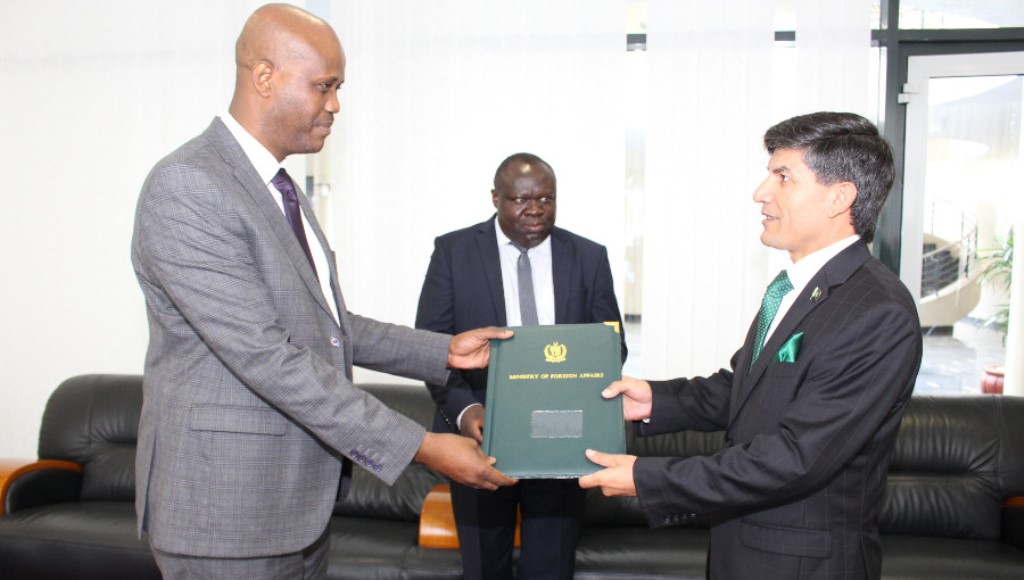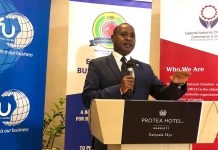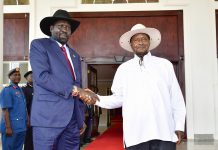AfricaPress-Tanzania: TANZANIA and other East African Community (EAC) partner states are set to exploit the Pakistan market, with former already exporting raw cotton to the Asian country.
Pakistan High Commissioner to Tanzania and the EAC, Ambassador Muhammad Saleem disclosed in Arusha that last year, Pakistan imported raw cotton worth US$50 million from Tanzania.
Speaking after presenting his letter of credence to the EAC Secretary General (SG), Ambassador Liberat Mfumukeko, the Pakistani envoy noted that other potential export crops from Tanzania and the bloc include palm oil, coconuts and cashew nuts.
“Economic diplomacy for Pakistan is not about our country dumping goods in East Africa. We are seeking a win-win situation for Pakistan and East Africa,” said Ambassador Saleem.
He added that education and vocational training were also areas where East Africa would benefit immensely from cooperation with Pakistan. Relations between Pakistan and Tanzania were established in the 1960’s, when Pakistan expressed its support for Tanzania in getting independence from British rule.
Among Pakistan’s main exports to Tanzania are cement, textiles, rice and sugar, as well as some relatively high technology goods such as machinery and tractors. On the other hand, Pakistan imports mainly tea, raw cotton and hides for leather from Tanzania, along with some imports of tobacco, edible oils and tanning materials.
“Pakistanis constitute the fourth largest population of skilled workers in the Silicon Valley after the US, India and Romania and Pakistan also exports vast amounts of ICT apps to US companies including Apple,” said the Pakistan High Commissioner.
Ambassador Saleem said that Pakistan was ready to support EAC’s industrialization plans in diverse sectors but especially in areas where his country had built capacity for several decades, namely: sugar processing, textile manufacture, cement and fertiliser manufacturing, and pharmaceuticals.
Ambassador Mfumukeko was of the view that Pakistan, with a Gross Domestic Product (GDP) worth 287bn US dollars (by 2019), is a country that EAC partner states could do a huge business with. The Community will thus explore areas of cooperation with the Asian country.
“Pakistan is a potential huge market that EAC needs to exploit. The two parties therefore, need to explore areas of cooperation and investment,” said Ambassador Mfumukeko, adding that EAC would arrange a business delegation to visit Pakistan as soon as feasible.
Among the potential areas of cooperation discussed by the two leaders were in the agro-based industries namely production of fertilisers and pesticides, textile manufacture, higher education, and the provision of health supplies and hospital equipment.
The Burundian diplomat disclosed that the EAC was undertaking tangible programmes and projects to realise the dream of an integrated region. He cited trade, infrastructure development, and healthcare, EAC centres of excellence and education as among sectors where the Community had recorded significant achievements.
The SG informed the High Commissioner that the EAC was now a Single Customs Territory and that Pakistan businesses setting up in one partner state would therefore be guaranteed access to the wider East African market.
Ambassador Saleem invited the SG to lead a delegation of business-people from the region to visit Pakistan for purposes of exploring potential areas of partnerships in investment. The Pakistan envoy said there was a very strong wave in Pakistan to engage more with the EAC region.
Present at the ceremony was the EAC Deputy Secretary General in charge of the Productive and Social Sectors, Mr Christophe Bazivamo, the EAC Principal International Relations Officer, Ms Suma Mwakyusa and Mr Nafees Wahab, the Administrative and Consular Attaché at the Pakistani Embassy in Dar es Salaam, Tanzania.







